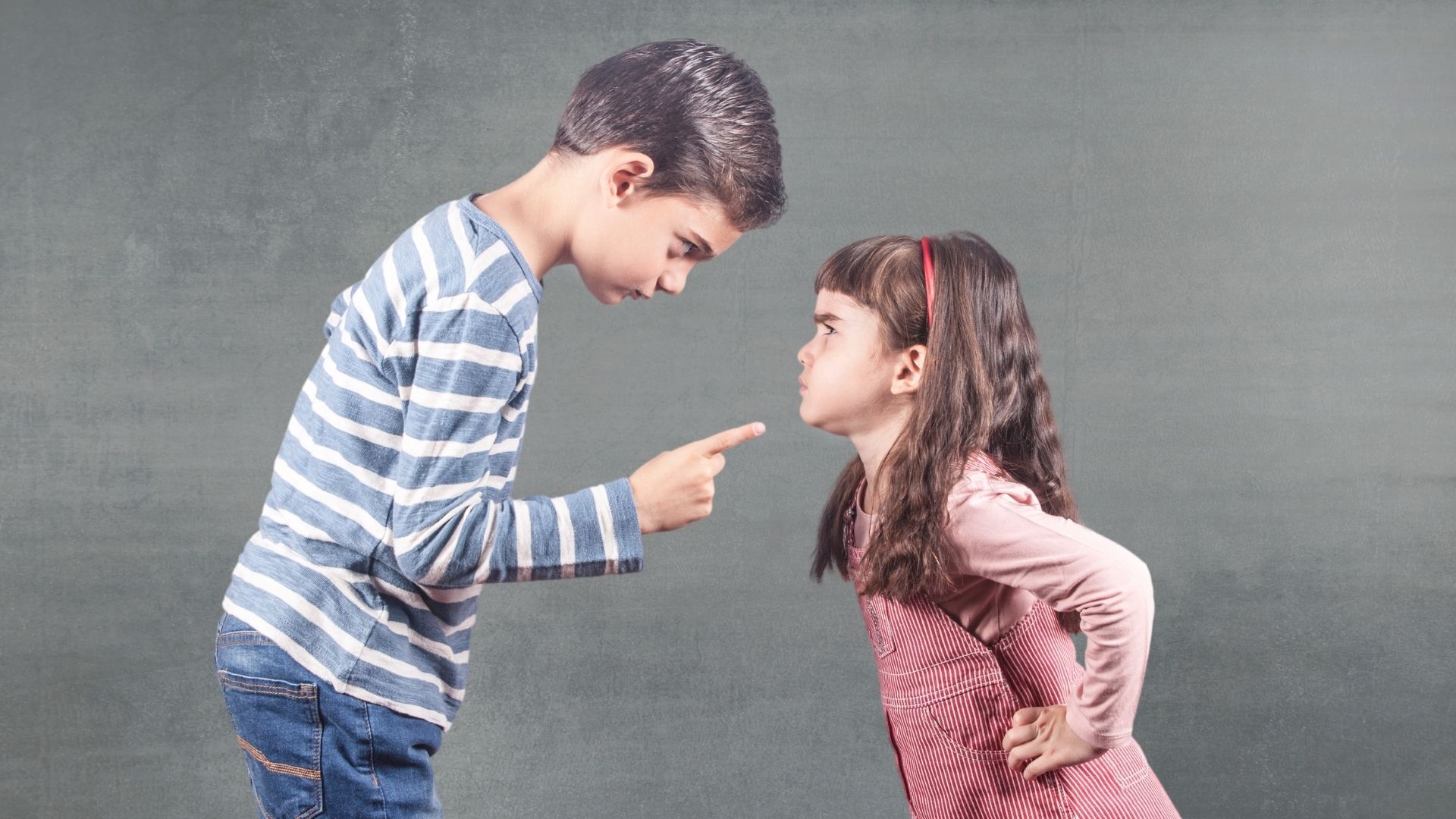Kids and Conflict

Parents of today are living in very challenging times when it comes to raising their children safe, happy, able to adjust well and to cope with conflict and frustrations effectively. Children need to be taught as young as possible how to deal with conflict effectively and how to prevent themselves from resorting to aggression.
From a young age, we can start teaching kids the simple technique of taking deep breaths to calm down. Don’t always resolve conflict for your child e.g. demanding that they take turns or demanding that they share. The more we do on their behalf in situations like these, the less they will learn themselves. Toddlers learn a lot in situations of conflict where they have to resolve it themselves. As a parent, you can engage in explaining or talking through the situation after they have calmed themselves. Through the process of learning to deal with conflict, it is important that you also instil confidence in your child, don’t break them down when they dealt with a conflict situation badly – point out their mistakes tactfully but put more emphasis on what they did right. When your child is in a conflict situation with another child rather wait before intervening – only when things get out of hand should you intervene. If no one is getting hurt it is healthy for the children to release their feelings.
Our biggest influences when it comes to our ability to resolve conflict comes from our parents. We learnt our skills by observing them in dealing with their own conflicts and in their interaction with us. This became part of our psyche and has the power to overrule whatever we absorb intellectually later in life.
We furthermore develop conflict skills through our early interaction with siblings and peers. Trial and error is a great way to learn and discover how to achieve desired results. Each conflict situation produces many variables. Each individual’s baggage, temperament and perceptions play a role in their conflict resolution skills.
Acknowledge your child’s feelings. No feelings should ever be dismissed? E.g. when your child is upset, don’t just say “calm down, stop screaming/crying”. Rather say. “I can see that you are mad and not feeling well, is there anything else you are feeling as well?”. Brainstorm different conflict resolution methods with your child and sketch different situations with your child. Involve your child in this process by asking him/her to come up with a solution.
Share Post
Complete the following form if you require more info about EQ4kids or want to enroll your child at your nearest Franchise.
Blog Enquiry









